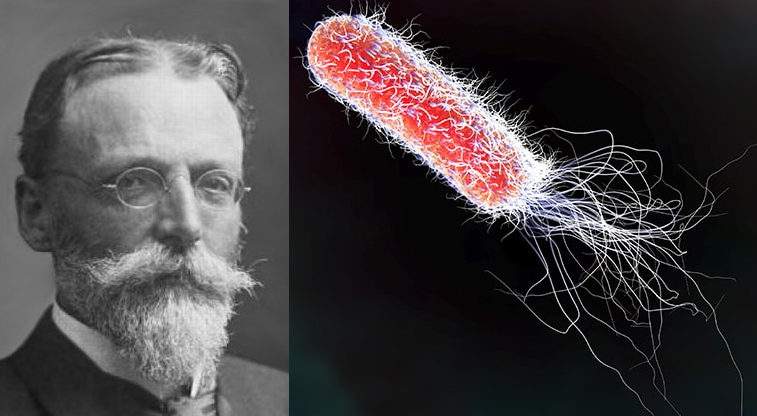First Doctor Then Microbiologist: Who is Theodor Escherich?
His teacher helped him realize his interest in pediatrics and bacteriology. For the rest of his life, he was immersed in the world of bacteria and their effects on human health, especially children's health.

German pediatrician Theodor Escherich (1857-1911) is the discoverer of the Escherichia coli bacteria. In addition to discovering this important model bacterium, Escherich published much about the morphology, physiology, and cultivation of intestinal bacteria. It also increased interest in medical care for children.
Theodor Escherich (29 November 1857 – 15 February 1911) was a German-Austrian pediatrician and a professor at universities in Graz and Vienna. He discovered and described the bacterium Escherichia coli.
Escherich began his medical education in 1876. He received the title of doctor in 1881 and published for the first time in 1882. After 6 months at the military hospital in Munich-Oberwiesenfeld, Germany, he became the first assistant of Professor Carl Gerhardt (1833-1904). Gerhardt helped Escherich realize his interest in pediatrics and bacteriology. For the rest of his life, he immersed himself in the world of bacteria and their effects on human health, especially children's health.
Discovery of Poop Bacteria
In 1884 Escherich moved to Munich to continue researching the effects of intestinal bacteria and their role in the human intestinal system. Here he learned to grow bacteria, isolate, and identify them. He devoted himself to growing bacteria and developing his techniques for assessing children's gut bacteria. In 1885, Escherich made the first presentation in which he described the characteristic features of bacterial populations; “Bacterium coli commune“. Then this bacteria was named after him and became one of the most famous bacteria of this type: Escherichia coli. With the publication of this research, Escherich became one of the greatest researchers of his age in the field of microbiology. He also furthered the practice of pediatrics, which had not been his field of expertise until then.
